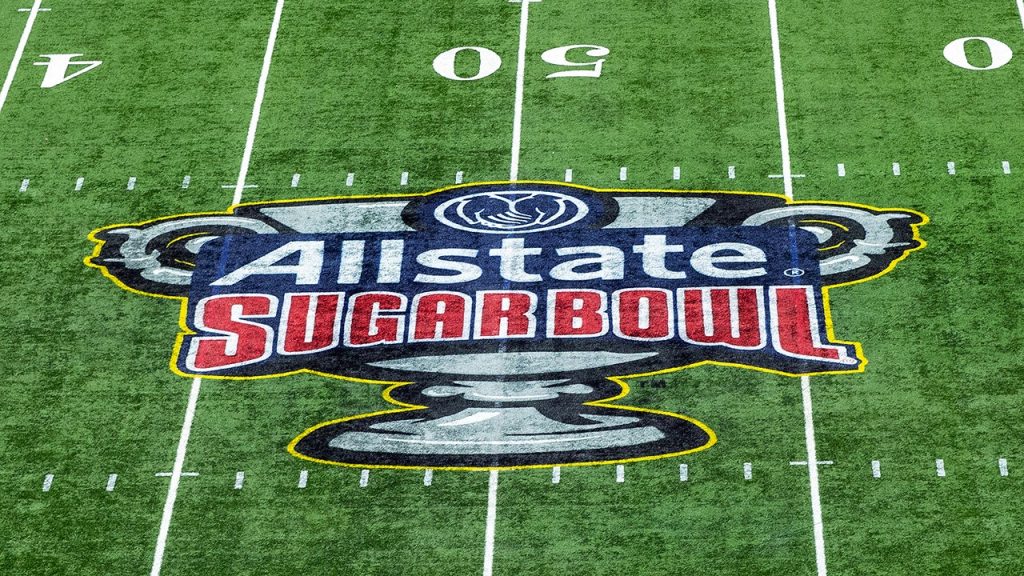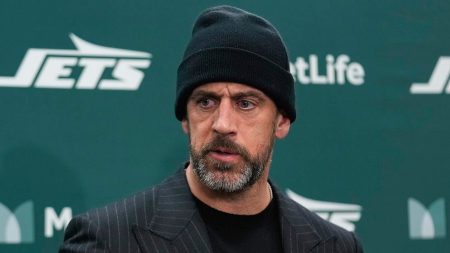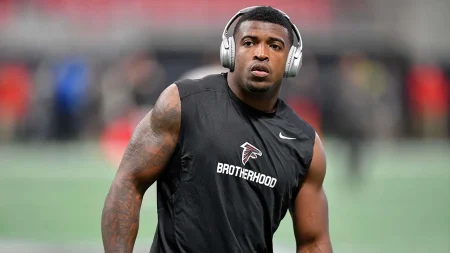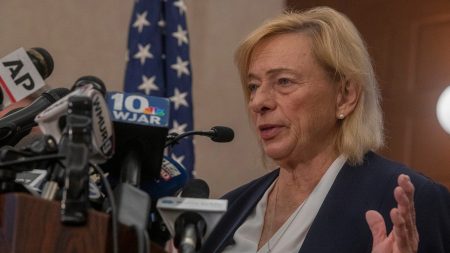The Sugar Bowl, a highly anticipated college football matchup between Georgia and Notre Dame, scheduled for Wednesday in New Orleans, was postponed following a deadly attack on Bourbon Street that claimed the lives of at least ten people and injured dozens more. The decision to postpone, announced by SEC Commissioner Greg Sankey, prioritized public safety in the wake of the tragedy. Sankey’s statement emphasized the gravity of the situation, acknowledging the loss of life and commending the ongoing efforts of law enforcement to secure the city. Both universities, Notre Dame and Georgia, released statements expressing their condolences and concern for those affected by the attack. Notre Dame’s President Robert A. Dowd specifically called for prayers for the victims and the community.
The attack, which unfolded in the early hours of Wednesday morning, involved a suspect driving a Ford pickup truck into a crowd on Bourbon Street. The suspect, identified as Shamsud-Din Jabbar, engaged in a shootout with police before being fatally shot at the scene. The FBI, leading the investigation, is exploring potential links between Jabbar and terrorist organizations, particularly after the discovery of an ISIS flag in his vehicle. Further investigation revealed weapons and a potential improvised explosive device (IED) in the truck, with additional potential IEDs discovered in the French Quarter, raising concerns about the scope and intent of the attack. The FBI has stated that they do not believe Jabbar acted alone, fueling concerns about potential further threats.
The postponement of the Sugar Bowl sparked a heated debate on social media, dividing fans and commentators. While many supported the decision, citing the need to prioritize safety and allow law enforcement to focus on securing the city, others criticized the postponement, arguing that it conceded to the attackers’ aims and disrupted the plans of thousands of fans who had traveled to New Orleans for the game. This division reflected a broader societal tension between prioritizing security and maintaining normalcy in the face of potential threats.
Prominent figures in sports media weighed in on the controversy. Fox Sports panelist Rachel Nichols expressed support for the postponement, emphasizing the importance of prioritizing safety over the game. Conversely, conservative commentator John Ziegler criticized the decision, arguing that it did not enhance safety and merely disrupted the lives of those who had traveled for the event. Ziegler also highlighted the financial and logistical burdens placed on fans due to the postponement. This debate highlighted the complexities of balancing public safety concerns with the economic and social impact of such decisions.
The differing perspectives on the postponement also extended to discussions about the potential motivations and implications of the attack. Some argued that postponing the game would allow law enforcement more time to investigate and potentially prevent further attacks, while others dismissed this notion, claiming that the postponement simply rewarded the attackers. This back-and-forth underscored the challenges of assessing risk and responding appropriately in the aftermath of such an event.
Adding to the complexity of the situation, reports emerged that the Superdome, the venue for the Sugar Bowl, had been placed on lockdown following the attack, with security sweeps conducted to ensure the safety of the facility. The close proximity of the Superdome to the site of the attack, coupled with the reports of additional potential explosives in the city, further justified the decision to postpone the game. The reports of both teams implementing “shelter in place” protocols highlighted the immediate concern for the safety of the players and staff. Figures like Barstool Sports founder Dave Portnoy also joined the debate, criticizing those who opposed the postponement and emphasizing the need to prioritize security. The postponement underscored the delicate balance between maintaining public safety, respecting the victims of the tragedy, and managing the logistical challenges associated with a major sporting event in the wake of a terror attack. The debate highlighted the diverse perspectives on how best to respond to such events and the complexities of navigating the aftermath.










